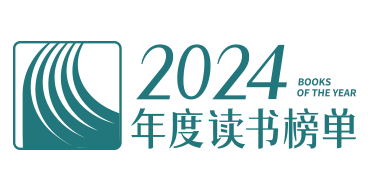

Outlive by Peter Attia. Rate: 5 stars
Reading this first part of book is somehow difficult for me, because I have to search many biological concepts. But it is very worth-reading as the book help me know more about longevity, health-span and effective proposals to improve our health.
In order to get a better retired life, what we really need is to extend our health-span. The author first introduce the four Horsemen, including heart diseases, cancer, metabolic dysfunction, and neurodegenerative diseases. These diseases are the most common ones that make people sick or dead as we age. For each type of disease, the author goes through the latest researches on why and how the disease process, how we can prevent these diseases and break myths that long-held by people. For example, I used to believe we can’t eat too many eggs a day to avoid excessive intake of cholesterol. But it turns out that dietary cholesterol ends up excreting out our backsides and the vast majority of cholesterol in circulation are produced by our cells.
For why some people process these diseases, genes affect the possibilities to develop some diseases. For example, two (e4/e4 APOE), which meant her risk of developing Alzheimer’s disease was up to twelve times greater than that of someone with two copies of the common e3 allele. The e2 version of APOE appears to protect carriers against Alzheimer’s disease: 10 percent reduced risk for someone with e2/e3, and about 20 percent for e2/e2. And our bad habits also take important roles in developing these diseases.
So when it comes to prevention, except the biomarkers in physical examinations and necessary screenings, healthy habits about diets, exercise, sleep and emotions are extremely important. We really need to change our mindset from medicine 2.0 to 3.0. For example, in medicine 2.0 treatments for metabolism dysfunction start when the biomarkers in testing really go higher than benchmarks. But for medicine 3.0, actions are taken much earlier than medicine 2.0. For example, before the patient diagnosed diabetes and see some changes in biomarkers that will finally indicate the diabetes, the doctor already offered tailored advice on their sleep, diets and exercise.
From the first glance, it’s very easy to improve health. But what really important is among the details. For one thing, there’s no blanket solution for everyone. Everyone need to find out their tailored plan. For example, same food can lead to different increase in glucose to different people. So we can’t blindly follow the popular recommended diets on website.
Moreover, it’s hard to insist on healthy habits. For me, before developing good habits, I need to know exact why the habit is important. And the book go deeper into how compounded small unhealthy habits can increase the risk of predisposing to certain diseases and impressed me a lot. Take sleep as an example. In high-achieving society, sleep are often regarded. When I was a student, I admire those who feel energetic even with 6 hours sleep. But it turned out these people just adapt to the sleep-deprived status, and didn’t really go to their excellent status. Moreover, when I know exactly how quality sleep is intertwined with metabolism health, cognitive abilities and etc, I think twice before I stay up late. After reading the book, if I suffered in bad emotions, as I know REM sleep can help process our emotional emotions, separating bad emotions from bad experiences that can trigger them. I will choose to go to bed early when I stuck in anxieties now. It’s great to read the book.